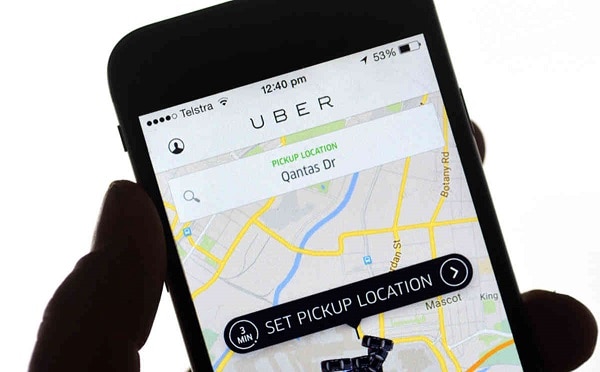
Besides a few controversies and a lot of detractors, Uber has become one of the most valuable companies in the world of mobile applications. The impact of its success is not only because it manages astronomical numbers, but also, it brought down barriers and created a new trend. Thanks to that, we talk about “uberization” of businesses and economy.
Airbnb, BlaBlaCar, Netflix … We are talking about different companies in different sectors. At first, it could be difficult to find a pattern between them. But there is: all of them are part of the “uberization” of the economy.
When we say “uberization”, we talk about activities oriented to cooperation practices in an enterprise. It is a model capable to be integrated, specially, in service businesses:
Transport (Uber), Accommodation (Airbnb), Entertainment (Netflix), etc. Although, industrial companies may also adopt this model. This is because, when speaking of industrial and service businesses, it is not easy to establish a clear boundary. For example, a car factory may think that it clearly has to focus on production. But in many cases, the customer is more interested in the services surrounding the product, looking to buy a reliable private transportation service. This means maintenance, replacement vehicle, roadside service, in short, a whole range of elements necessary to achieve the customer satisfaction. So, the line between the product and the service is increasingly softer, therefore, a concept like “uberization” should be analyzed and integrated also in industrial companies.
Keys to the success of “uberization”
A key aspect of this model is the elimination of intermediaries, to be able to offer more attractive fares to the end consumer. Another key element of this new concept is based on technology, mobile is its strength and all offers are hosted in smartphone applications (apps).
As a curiosity, we can see that mobile applications are far from being complex, they are based on simplicity … If you look into any of these startup apps, you can see that they have a very intuitive interface, simple, and in many cases with very few features. This is where we can apply the maxim “less is more”, in order to achieve the greatest efficiency.
The impact has been so strong in businesses, because they actually did not invent a new model, they improved an existing one. The activity is the same, customers remain the same, but the business model has been improved using the advantages of ubiquitous computing and combining this with participatory economics. As an example, we can compare Airbnb, with the prestigious Hilton Hotel chain. Hilton has 93 years of history and manages 610,000 rooms in 88 countries. Well, Airbnb needed only four years to handle 650,000 rooms in 192 countries, incredible, right? In addition, the Airbnb business model did not need high investments and its growth is exponential. The working capital needed to grow this business is infinitely inferior to the powerful Hilton Hotel chain. Surely both have their place in the market, but what is clear is the spectacular way Airbnb has improved the accommodation management model.
But beyond all of the above, we have to talk about empathy and the great knowledge of the market. This is one of the keys to success and a common denominator of these companies. All of them have been able to recognize customer dissatisfaction and change the situation by offering a higher quality service through competitive bids, enabling customers to save time and improve their experience.
The “uberization” is certainly an upward trend, because of its scalable model, which allows activity growth, in a natural and fluid way, without having the service quality affected and what is even more important, without the need of assets and capital investment.
So, get prepared to see the strangest things being “uberized”…


